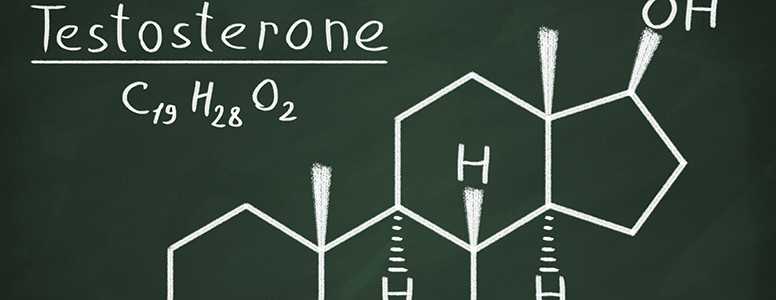Men with type 2 diabetes who receive testosterone treatment could experience a dramatic increase in insulin sensitivity, new research finds.
Low sensitivity to insulin, or insulin resistance, is associated with type 2 diabetes. Losing weight is a key factor in increasing insulin sensitivity, which can help some people reduce and even come off medication.
Researchers at the University of Buffalo investigated the role of insulin resistance and inflammation, before and after testosterone treatment.
Previously, in 2010, they reported that low testosterone is closely associated with type 2 diabetes in men. One third of male type 2 patients were found to have low testosterone levels, regardless of their weight.
In this new study, 94 men with type 2 diabetes were recruited. At baseline, 44 men with low testosterone levels were observed to have reduced insulin sensitivity. These men randomly received a testosterone injection or placebo every week for 24 weeks.
The participants who received the injections had an increased response to insulin, which was demonstrated by a 32 per cent increase in the uptake of glucose by tissues. Testosterone treatment also led to an average 3kg reduction in total body fat and increased muscle mass by the same amount.
Lead researcher Professor Paresh Dandona, University at Buffalo, said: “This is the first definitive evidence that testosterone is an insulin sensitiser and hence a metabolic hormone.”
Dandona added that while patients’ HbA1c levels did not decrease following testosterone treatment, glucose levels did fall significantly. The aim of the study team is now to assess whether longer-term studies can lead to improvements of HbA1c levels among patients with type 2 diabetes.
The study is published in the online journal Diabetes Care.
What's new on the forum? ⭐️
Get our free newsletters
Stay up to date with the latest news, research and breakthroughs.


